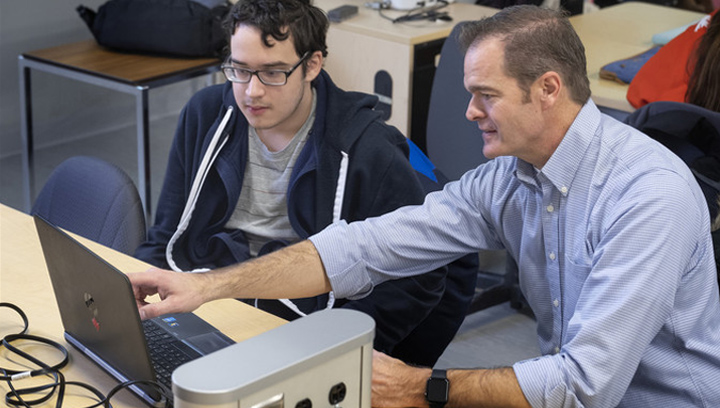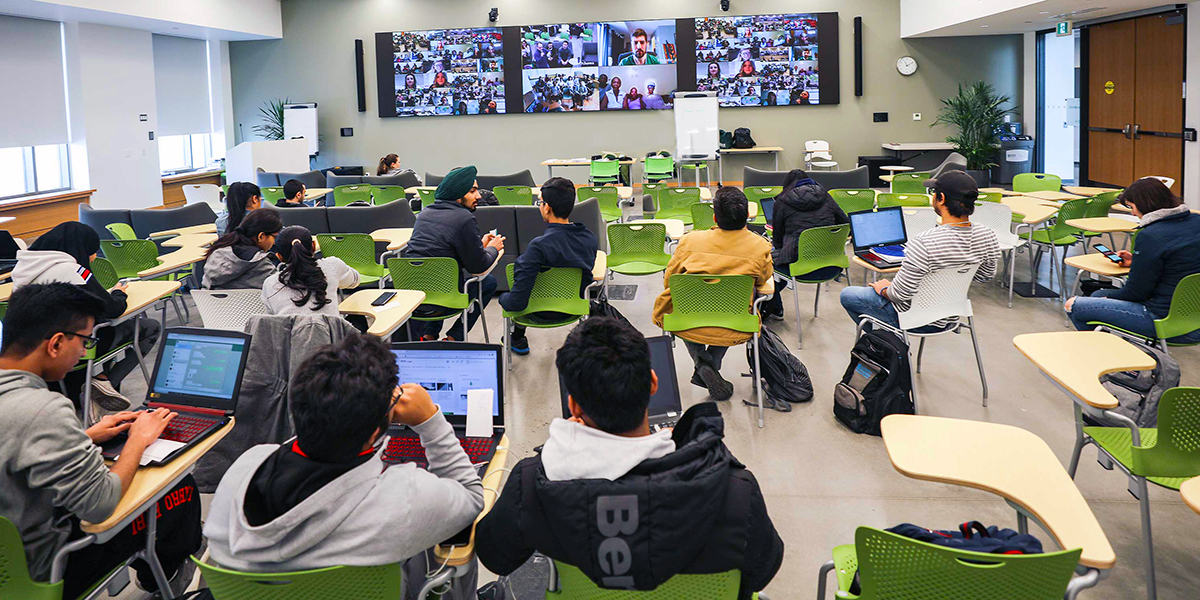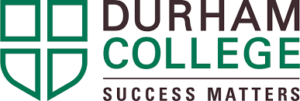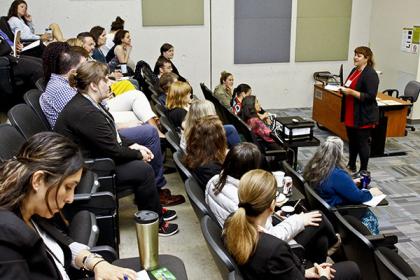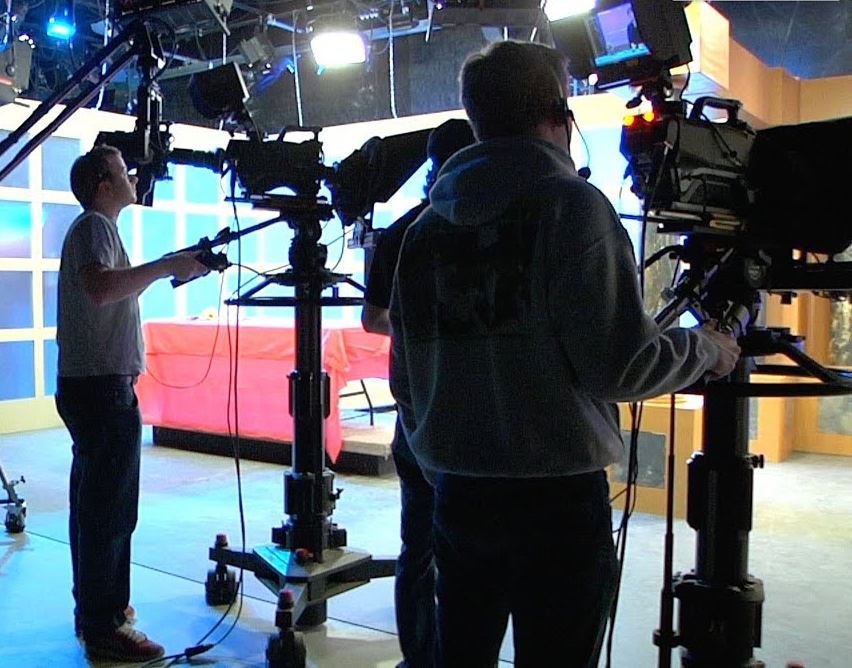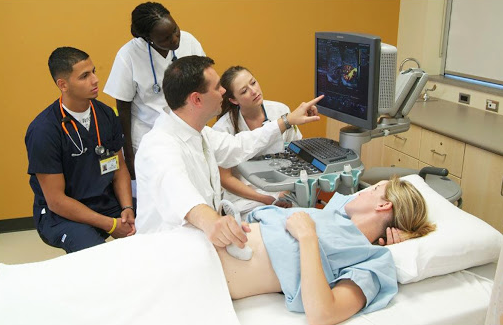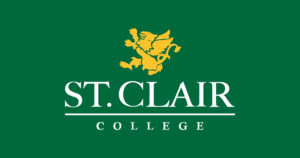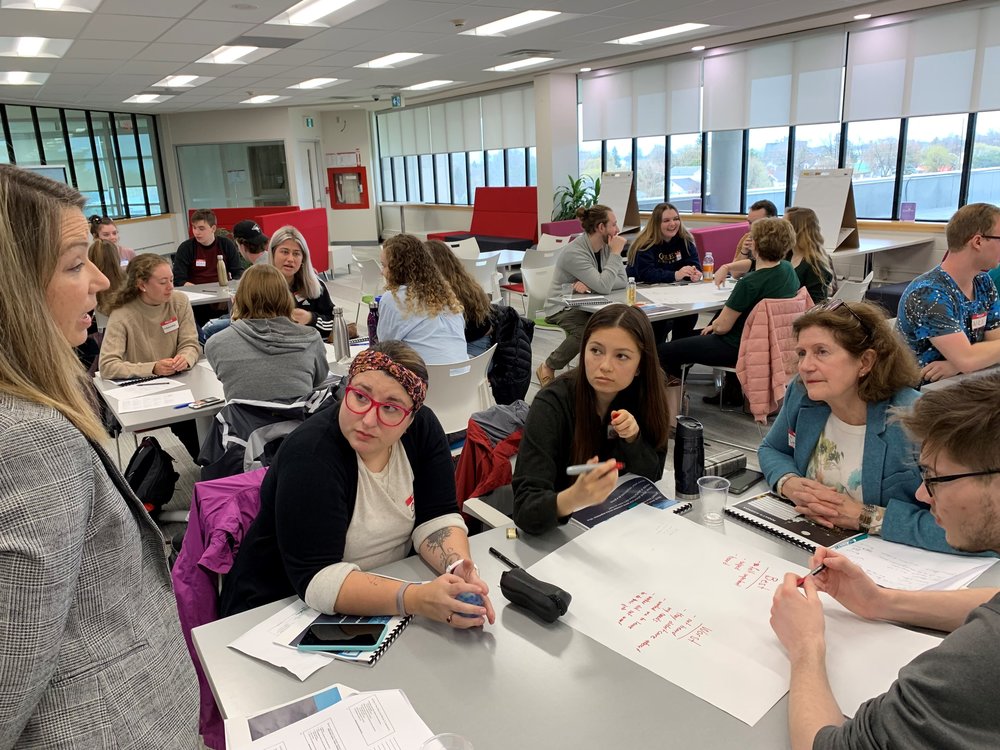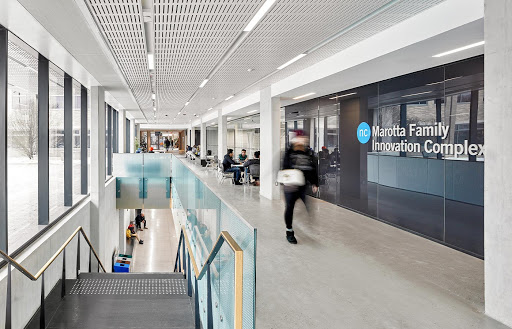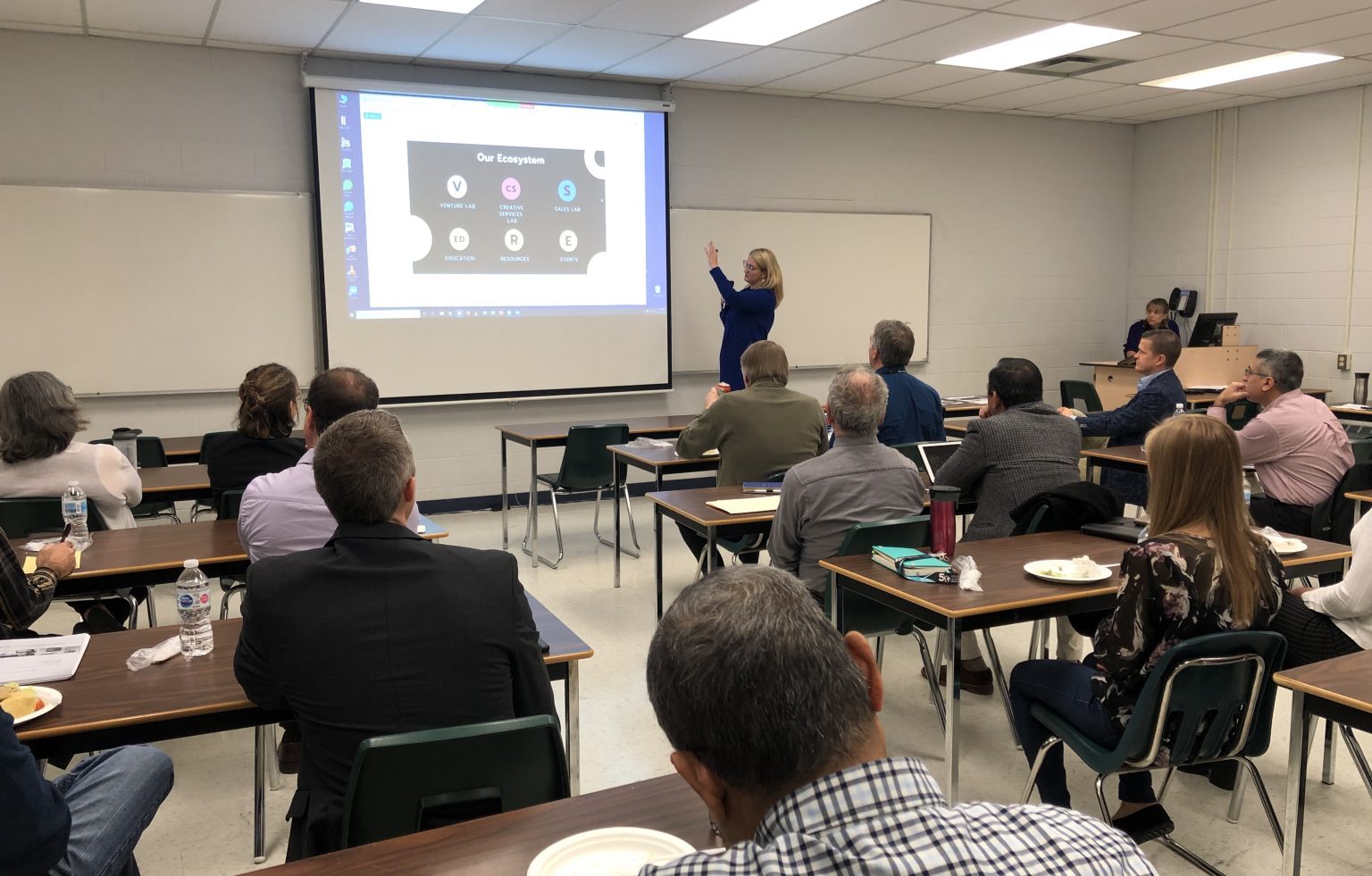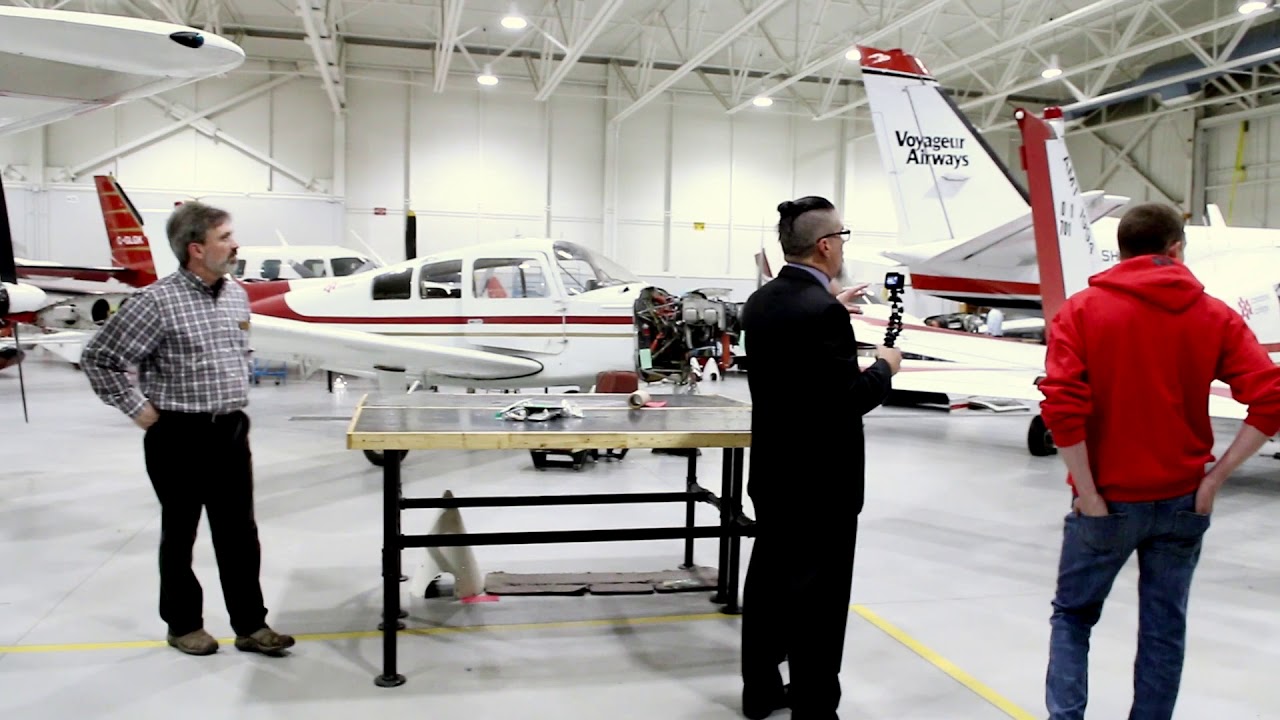Early Childhood Education Online Courses
Raising children is a task that is not easy, especially if talking about kids at their small ages. However, it is a job that is most vital in terms of forming one's character and life values, which is why such employees will always be required by any country or state!
Thus, going through an early childhood education program will always be a great addition to your resume that might create a certain extra income for you, when times become harsh in your place of living. It is especially good if you enjoy working with people and their kids!
By entering such a program, students develop their professional communication skills and learn effective methods of interaction with kids, so that the process would be enjoyable and entertaining for both sides.
Topics Covered by Early Learning Education
To be able to teach kids some basic things about the way this world functions and how they could integrate with it, you will need to learn quite a lot of things. However, as we are talking about children's development, it will not be too hard to do: students learn all the important aspects of children's learning processes without a rush and with the deep involvement of their teachers.
Getting an early childhood education diploma means that you will have to learn and implement in practice skills that would require you to know how to:
- Observe, assess and report the success of every child, so that you could use these observation strategies to identify children's strengths and weaknesses and improve/encourage their ideas if needed;
- Make learning through play mechanisms more effective, so that you could create inclusive early learning environments in which the children would like to participate. Developing a curriculum is not an easy task when it comes to infants, but it is definitely not an impossible one for a person with an appropriate education;
- Work with children of different capabilities and health abilities, including the knowledge of creating a healthy communication between children of different abilities, as well as ways that could help all the kids to benefit from their time spent with you;
- Properly guide the children in their learning process, so that they would not feel pushed yet be capable of progressing while exploring new things about this world and the people in it;
- Develop professional relationships with parents and teach their children to effectively communicate with each other, a very important skill that will lay the basics of healthy interpersonal interactions that the kids will be able to use further in their life;
- Choose the right kind of healthy early learning environments and create child care programs, so that the whole community of children, their parents, and your community partners would feel comfortable enough to be able to participate in them and be happy about the results received afterwards. To provide children with holistic development, you will need to create programs that will be held not only inside a classroom but also out in the air, so that the children could not only learn about the communication with others and arithmetic tasks but get in touch with nature as well;
- Choose the right kind of techniques to use for children, depending on their age: from infants to school-age children — a skill that would allow you to see the individual success of each child and make a well-informed decision about whether he or she is capable of dealing with another level of information as well as support independence in children so that they could still remain creative;
- Use the pedagogical documentation, state regulations, legal, and ethical standards regarding children's service agencies and the early childhood educators working there, so that you would be capable of reporting cases when there is a perceived risk for child's safety, as well as defend your use of reasonable-risk taking methods chosen for your children's learning programs in accordance with the legislation on the early learning.
What is more, some of the best early childhood education programs will even offer you practical sessions with children, so that you could start your working experience while being chaperoned by professionals and receive useful feedback to correct your mistakes to work more efficiently in the future! During such programs, students examine the behaviour of kids in real-time conditions, which allows them to take notes on complicated cases and implement them in the future. Such an experience is of special importance when children's capabilities are not of the same level.
We advise you to choose early childhood education programs that present you with such working opportunities, as when it comes to children, it is especially important not only to learn theory but to receive an actual experience without the fear of making mistakes.
Raising children might be an easy task on paper, but it is definitely a harder process in real life: you will have to not only teach the children but also resolve their conflicts and provide them with enough motivation to actually listen to you and learn something new about this world, a task that could be quite difficult with some kids.
As you can see, you will have to cover a lot of ground, but if it is really something that you would enjoy doing, then the time will pass quite fast and the education process will be pleasant for you!
Requirements for the Approval of your Application
Depending on the quality and depth of the knowledge provided by the online early learning program, you might only need to finish 12 school grades with an English Learning Arts exam somewhere around A30 or B30, as well as provide some proof of your English knowledge level (if you are a foreigner).
Other programs will ask of you not only a school-level education but a bachelor's one as well: it could be a degree in community or social studies, something that is relatively close to early child care degree programs. This is usually a case of continuous professional learning when you yourself would like to upgrade your knowledge on the topic.
However, there is something that any type of educational establishment will ask from you, which is a Criminal Record Check with Vulnerable Sector check, that should be provided before the approval of your application and together with the rest of your documents.
What is more, being international students entering educational child service agencies, you will need to provide documents of your co-op work permits together with permissions to study in Canada. Otherwise, you will not have the opportunity to finish the course and receive a certificate.
You will also need to provide the educational establishment with your immunization background information, as practically-oriented programs will require you to have them in order to safely communicate with kids.
And if you already have an education that is closely connected to early child development, you could receive credit for that by going through a prior learning assessment that would allow the educational establishment to evaluate the skills received by you before.
Your Obligations as a Future Early Learning Educator
As an early childhood educator, you will have to work with kids, colleagues, and parents a lot, so if you are not a person that likes to communicate a lot and your energy gets drained when you are surrounded by a lot of people, then learning how to become early childhood education will not be a good idea.
However, if it is not a problem for you, then you would enjoy learning how to create responsive relationships with kids and provide them with healthy development through community resources! The main method that you will be using while working with kids would be games: you will have to create learning contexts for them so that they would be engaging and easy to grasp for the youngsters. But do not worry, students develop such a skill while receiving an early childhood educator diploma.
Here is the list of things that you will need to include in your games so that the kids could learn from them:
- Early literacy and language;
- Creative arts;
- Numeracy and critical thinking skills;
- Proper social engagement with other children.
It is easier for kids to grasp such basics when they are still young, and this is exactly what you would be aiming for when working with them!
By becoming an early childhood educator with the help of online early learning programs, you will be presented with an opportunity to work not only with kids of different age groups but with different families and even communities, meaning that you will be able to get a job on numerous positions, including child care centres, nursery schools, pre-kindergartens and the kindergarten themselves, community centres, school boards, after school programs and early parenting centres as well.
And if you do not wish to work for a child care centre or any other organization, as an option, you will have enough skills and qualifications to work privately as a nanny for some families and support children's learning individually.
Thus, the profession of early childhood educators will always be in need, and with enough qualifications provided by online child care programs, you will be provided with numerous opportunities to choose the best work positions for yourselves!
Pros and Cons of Online Early Childhood Education Diploma
As with any other type of offline or online learning program, early childhood education ones also have their own ups and downs, and it is important for you to know them before deciding to spend your time on them.
If you are planning on working while going through your education program, then entering a distance learning course for early childhood educators might be the best option for you. However, you will have a risk of losing an opportunity to receive reflective practice lessons with children and early childhood educators professionals, which means that you will have to make more mistakes on your own and deal with their consequences as well.
As for the offline early childhood diploma program, you will receive practical experience, as well, but it might be hard for you to combine education and work together, which is why offline classes might be more preferable for those who plan to devote all their time for becoming an early childhood educator.
The best option in our time would be to find a hybrid education program that will hold all of its theoretical classes online, with practice sessions being made offline. Such a diploma program will suit both those of you who prefer to have offline classes with those who are more effective during online ones. In addition, it will save you some time on getting to the university or college, so that you would only have to spend it on the practical sessions.
All in all, it would be best to opt for a hybrid type of diploma program, but if it is not possible, offline classes should be left to people who live nearby the place of their realization or plan to spend all of their free time on getting an early learning education, with online classes being more convenient for those of you who also need to work while studying.
Frequently Asked Questions — FAQ
How do I get my ECE certificate in Saskatchewan?
Well, first, you will need to apply to the college's ECE program and get approval. And after your successful completion of this child care program, you will be provided with a certificate from Saskatchewan itself. In order to receive a proper certificate, you will need to show that you are acquainted with the current holistic development lifelong learning approach in early childhood educators code, are capable of working with kids and managing their problems professionally, and know how to develop their knowledge about this world effectively.
How do I become an ECE in Canada?
To be able to become an ECE in Canada, you need to go through a corresponding certificate program. There are numerous ways you could start your career in the early years' sector: you can apply for such a course after finishing your school-level education, or you could upgrade your relatively connected bachelor's diploma program with a consecutive course.
How long is the ECE course in BC?
Depending on your previous level of knowledge and level of education, the duration of an early child development program will differ. However, as we are talking about child care settings and the seriousness of Canada's government authorities when it comes to such programs, you can expect your early child development course to last not less than an academic year, especially if we are talking about practice-oriented ones.
How Do I Select an ECE Program?
An early childhood development program that you would need to choose will depend on a number of different preferences of yours, one of them being your occupation aside from your desire to enter childcare settings. Thus, those of you who plan to combine your education with work will most probably want to choose a distance education program, while those of you who have an intention of dedicating all of your free time to becoming an early childhood educator will want to choose an offline program.
What is Early Childhood Education?
It is an education a child receives until their school-age in different child care centres. With the help of such an education that is based on evidence-informed practice, your kid will have an opportunity to improve his or her communication skills both with peers and with adults, learn more about the surrounding world and start to read, write, and count before coming to school. What is more, the emotional development of children that had received an early education is much better, as they are provided with an opportunity to deal with their feelings aside from their home.
How to Become a Registered Early Childhood Educator?
Registered early childhood educators are those people who received an education in the sphere of early children's learning and, presumably, spent some of their time practising the skills obtained. Thus, to become a registered early childhood educator, you would need to improve your education based on current evidence-informed practices and add this specialty to the list of your skills, a task that falls directly under a student's responsibility, not the educational establishment.

